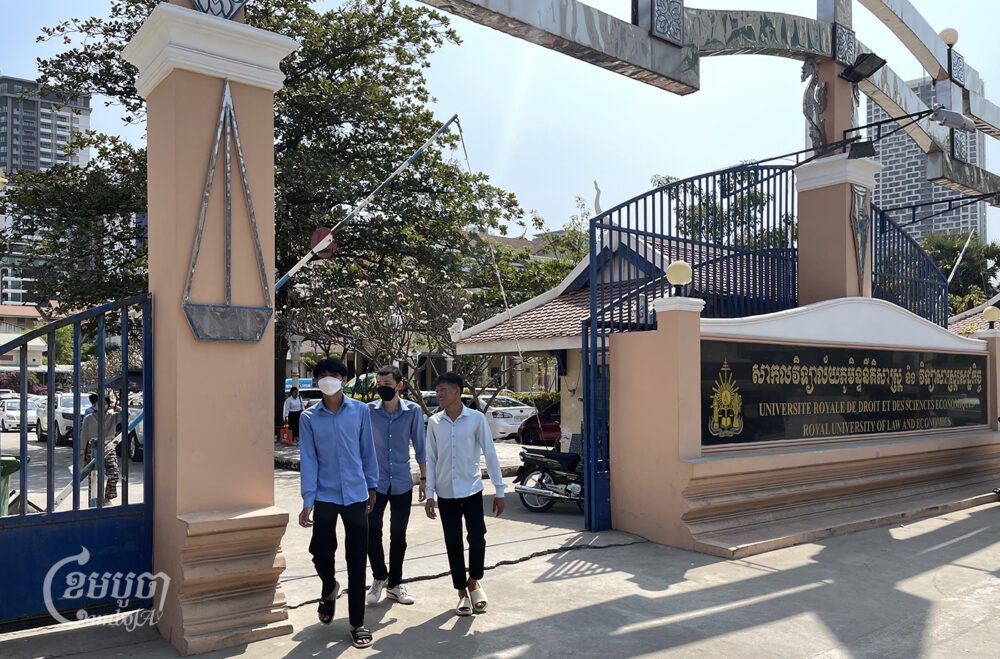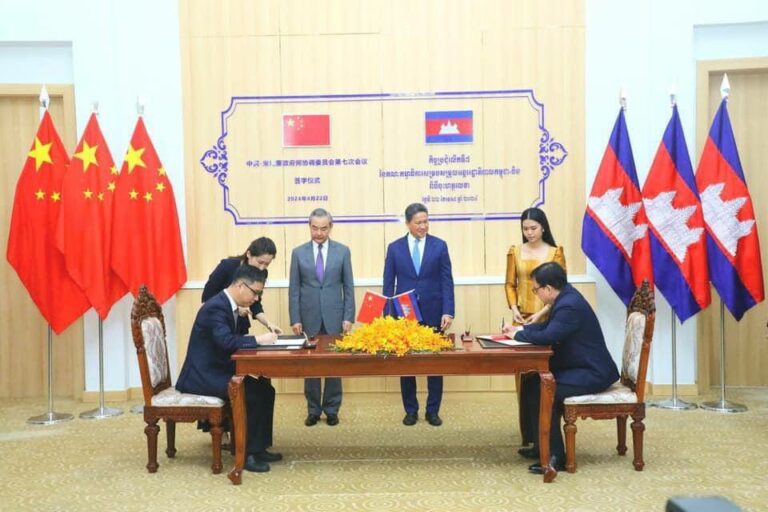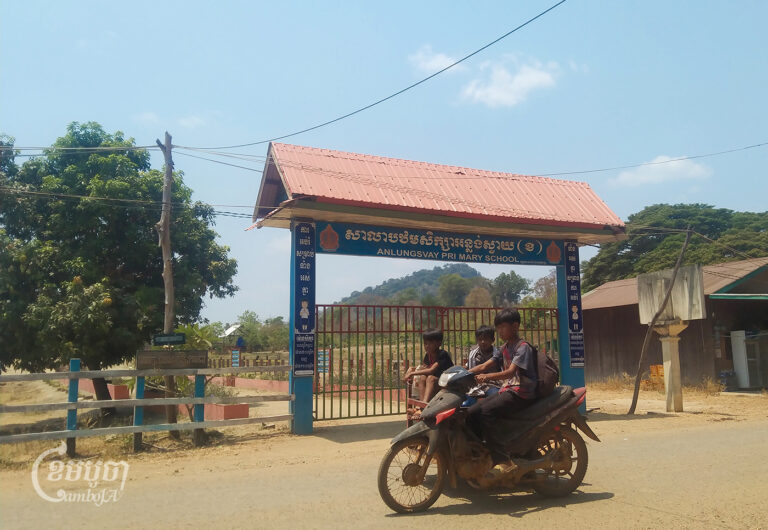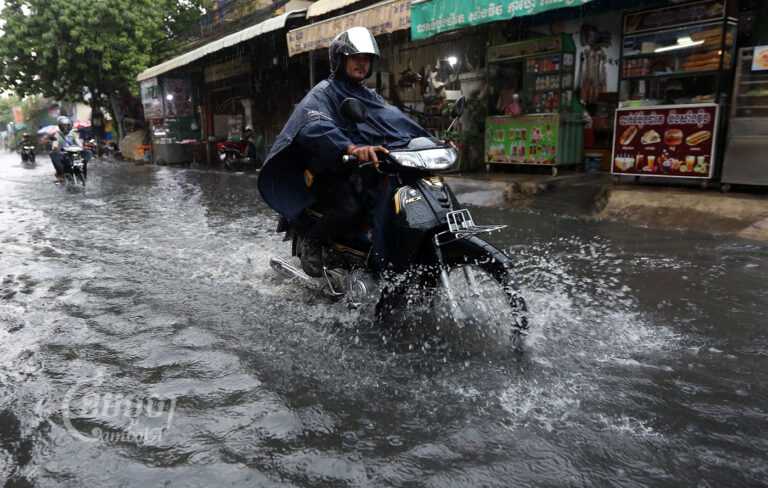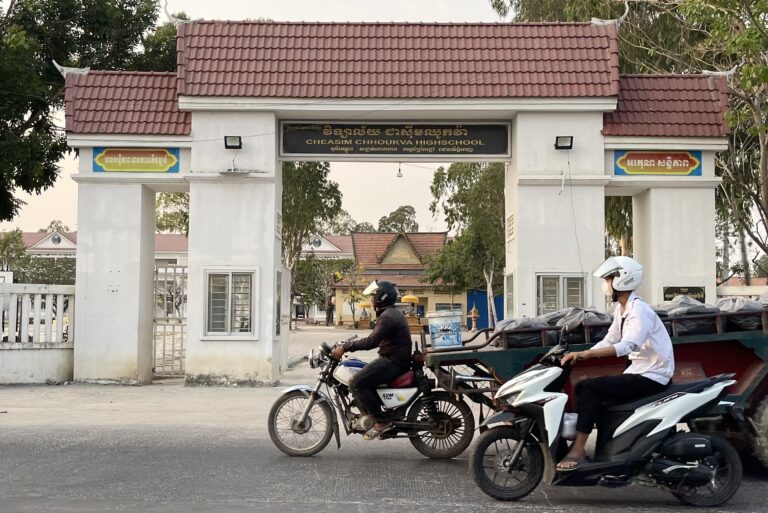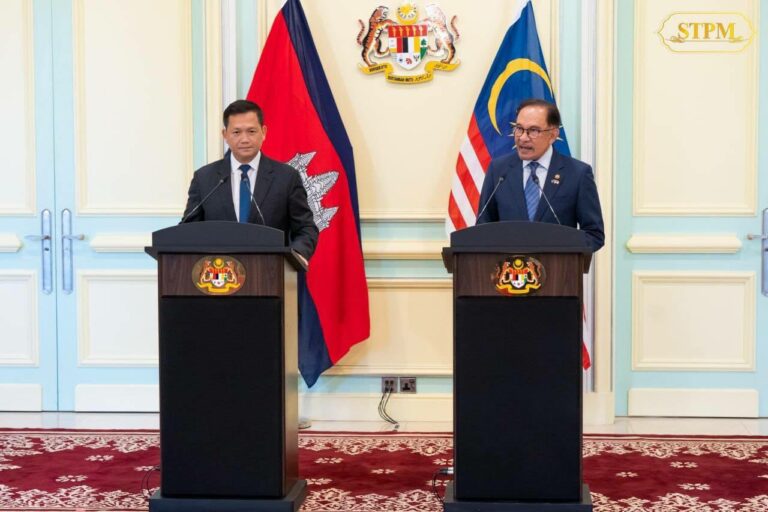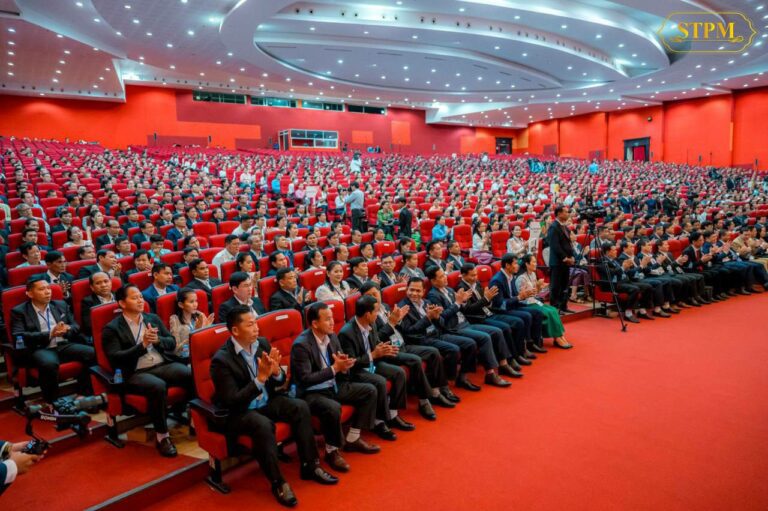Prime Minister Hun Manet has urged educational institutions to strengthen connections with the private sector, research centers, and other organizations to enable students to practice what they studied.
Speaking during the National University of Management graduation ceremony, he said graduates need to conduct internships to learn more, so learning must go hand in hand with practice. This is what the Ministry of Education should have been doing, he said.
“Learning is linked to practical skills. Schools need to collaborate with private companies, research centers for students to practice what they have learned,” he explained.
Pa Chanroeun, head of the Cambodian Institute for Democracy (CID), agreed that institutions must ensure theory and practicality are included for education to be successful and of good quality. However, he observed that students’ “complete education rarely includes practicals”.
“Educational institutions don’t have enough materials and human resources to lead experiments or implement small-scale projects for students to apply what they have learned,” he told CamboJA.
“Most educational institutions don’t have internship programs due to the lack of leadership and management, while student participation is limited because of abilities and capacity.”
If educational institutions find it difficult to conduct them, he suggested that they at least organize knowledge-sharing programs and workshops regularly with experts that have experience in various fields.
Chanroeun believes that internships are also a way of expanding students’ understanding and increasing their professional knowledge in their respective fields.
Sreng Hengsey, a third-year international relations student at a public institution, told CamboJA that he has never done an internship before. He was only involved in volunteer work at a research institute.
He felt that if schools made it compulsory for students to undergo internships, it would be good for the latter as they can prepare in advance.
“Looking for internships is difficult for students because of the very, very small internship opportunities for some majors,” he said. “It’s very competitive and students don’t get enough information, making it a challenge to secure internships. They are also not ready for such opportunities.”
“Students need to undergo internships to give them practical experience. It is important for them,” he said. “Internships offer students a lot of experience, as it provides a place where students can apply their own knowledge and gain knowledge from experts.”
Fresh graduate, Soung Pichchanbormey, who is working as an intern for a local youth group, said her school offers internship opportunities for students, but it is very limited. Thus, it is competitive and many students miss out on them.
“I think that every university should partner [with the private sector] to provide opportunities for students [interns]. It’s important that they partner with a company, ministry or institution to accept interns,” she said. “The benefits of internships are important because we can apply what we’ve studied in the practical [world] and connect with people who have a lot of experience.”
Pichchanbormey added that finding a job is very competitive today, so when students have work experience via internships, they would have better employment opportunities.
“We are new in the field of employment. With [experience from] internships, it gives us confidence. When we graduate without internship experience, there would be no experience, thus we have no confidence,” she added.
Hengsey and Pichchanbormey said most students are eager to intern, so they mostly look for places to do internships by themselves.
Three other university students who spoke to CamboJA echoed similar sentiments as Hengsey and Pichchanbormey. They said their school does not have any programs to send the third- or fourth-year students to do internships in other institutions yet. But they think that all universities should offer this program for students before they graduate.
Khuon Vichheka, spokesperson of the Education Ministry, told CamboJA that higher education institutions are now working closely with the private sector to enhance support for higher education students. This is via participation as board members, advisors, partners in learning and teaching processes, research, practice and internships.
“To promote practical and soft skills, universities encourage the student affairs department to promote extracurricular activities, so students can participate in volunteer work or cooperate in social work to gain additional skills,” she said.
Several institutions including Institute for International Studies and Public Policy, University of Cambodia and Pannasastra University did not respond immediately to requests for comments.


